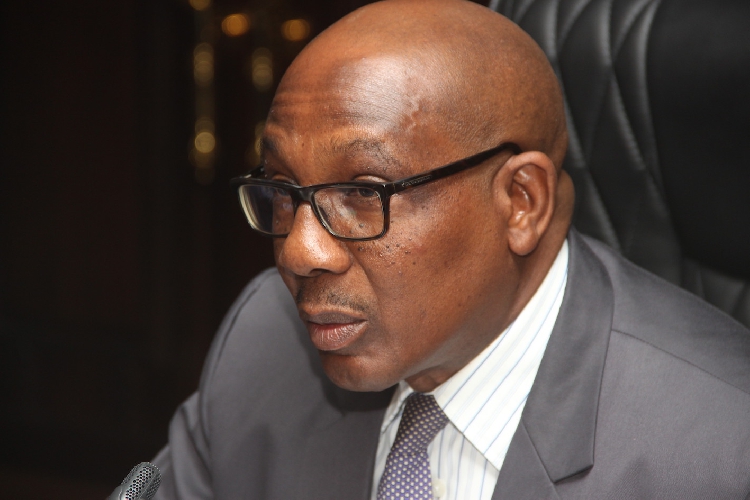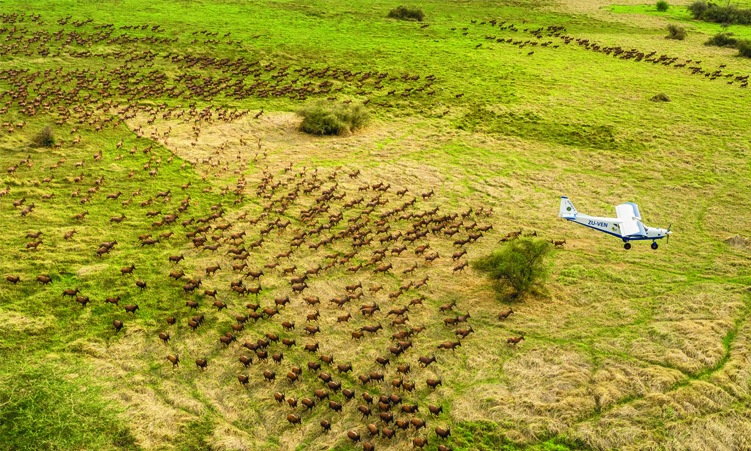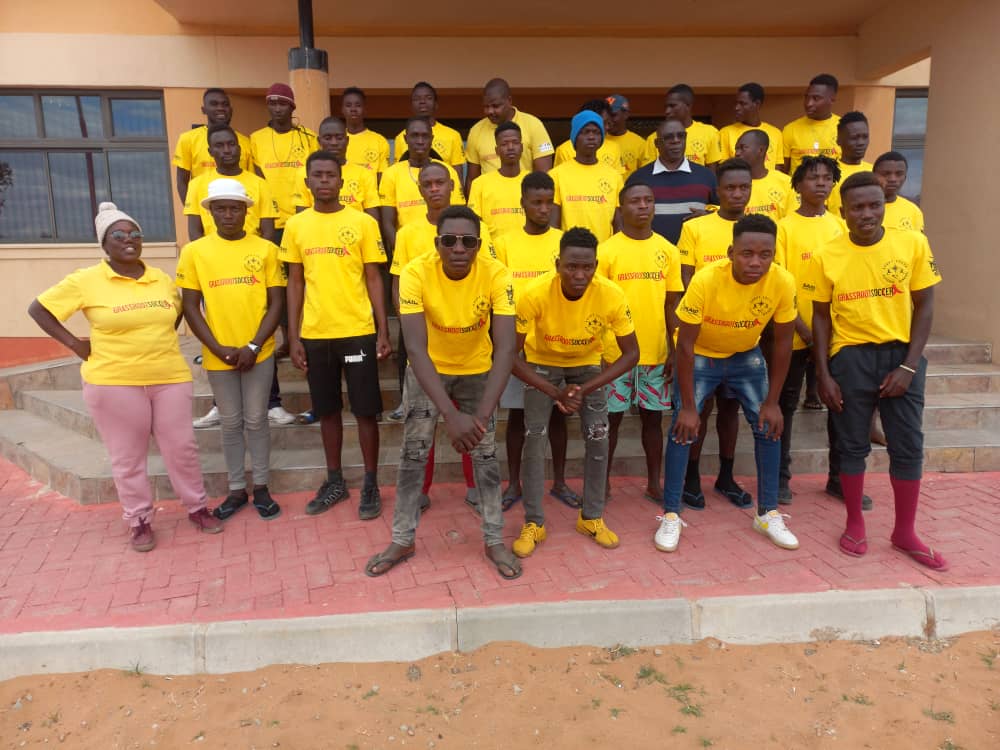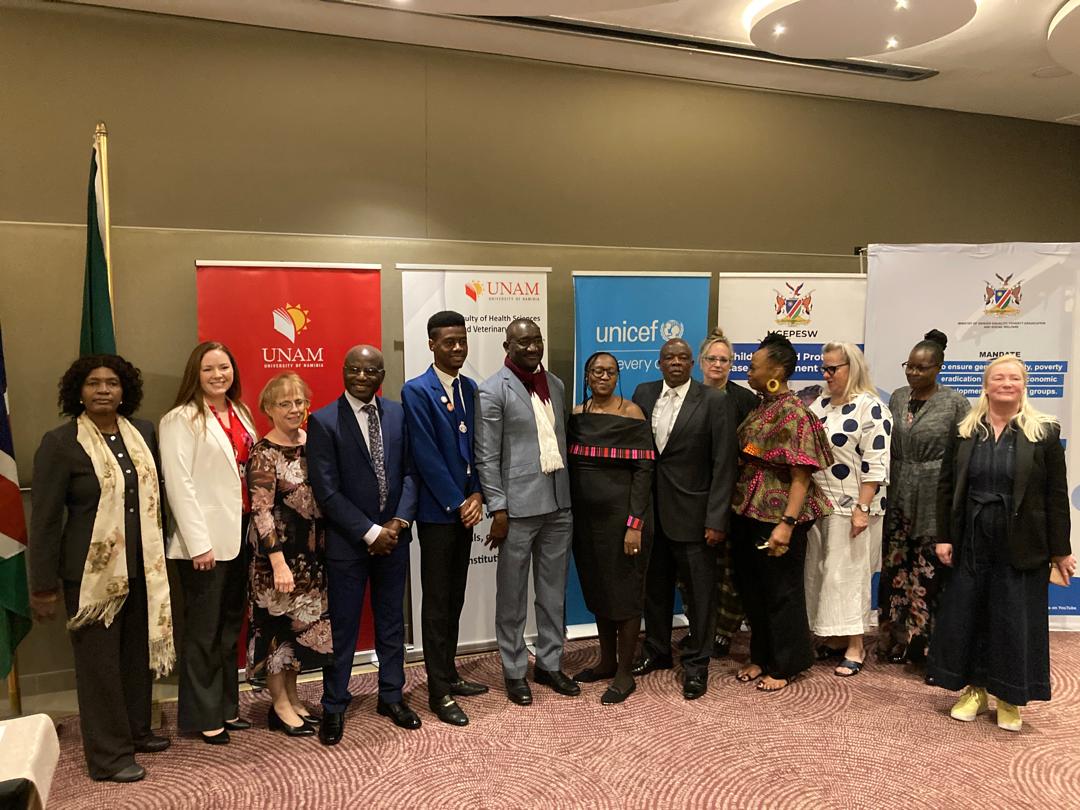20 June 2024
Allow me to express appreciation, in absentia, to Dr Audrin Mathe, the executive director of the Ministry of Information and Communication Technology, who is represented here today by Linda Aipinge, for extending this invitation to me to attend and speak at the Public Sector Information-Sharing Session and the Public Entities Communications Officers Engagement.
My topic is ‘The Role of Public Communication in an Evolving Public Service’. Considering that the key focus of this engagement is based on the word “communication”, we should all understand what the term entails and where it originates from.
Many scholars across the world have tried to give a definitive meaning to the word “communication”. According to the Association of Perioperative Practice, communication originated from the Latin word “communis”. Lunenberg (2010) agrees with the said association on the origin of the term.
However, he asserts that it means ‘common’, which suggests that there must be a common understanding of the message between the source and the receiver concerning the message being communicated. In other words, the receiver of the message should understand the message has been communicated by the sender.
Therefore, in the absence of that understanding, it can be concluded that communication did not take place. The general view of communication is that it is an interaction within a social context.
Having agreed on the origin and meaning of the word “communication”, it should be noted and understood that public communication is increasingly recognised as an essential component of public policymaking and public administration.
As governments work towards improving the quality of lives of their citizens, there is an increased need to communicate regularly to their constituents about their policies and programs. However, in many cases, information about government initiatives that affect the livelihood of citizens is not communicated effectively to those in need of the services, thus resulting in lesser interest and utilisation of public services.
This approach also results in waste of government resources because services will remain as a white elephant.
For example, during the 2023/24 financial year, the Ministry of Agriculture, Water, and Land Reform issued guidelines on how farmers would benefit from the rainfed agronomic subsidies programmes, such as the Dry Land Crop Production (DCPP) programme, complemented by the Cereal Value Chain Development Programme (CVCDP).
These programmes were introduced to benefit cereal communal farmers in the 10 crop-growing regions of our country and were aimed at increasing food production and productivity along cereal value chains thereby enhancing food security and creating resilience to climate change.
The services included the provision of tillage services, the provision of improved cereal and cowpeas, the provision of fertilisers, the provision of weeding services, and the provision of subsidies on equipment such as milling machines, threshers, and storage facilities.
A budget of N$47 million was allocated. These are very good initiatives by the government. However, the use of such services by the citizens was poor because of inadequate communication. The mere fact that the ministry issued a circular to this effect did not guarantee that they have communicated to the affected communities. This circular should have been followed by extensive radio talk shows in various languages to ensure the message reaches those it is intended for.
Public communication is essential for a strong and healthy democratic society and to build trust among citizens. In this regard, we as public administration professionals and institutions have a key role to play in developing robust channels for one-way and two-way communication with our various stakeholders.
In the age of social media and misinformation, the onus is on us as public servants to directly communicate our decisions and actions to the relevant stakeholders and address any questions or concerns they may have, as well as, to ensure that public opinion is shaped by truthful information. We are also required to give reasons for the decisions or actions we take.
Furthermore, in today’s world, effective public communication relies heavily on continuously evolving technological innovation. The recent technological innovation has increasingly become more effective at delivering tailored messages to large gatherings, including receiving feedback from larger and more diversified audiences.
Online and social media have also heightened the pace at which information travels, accelerated the news cycle, and enabled a wider range of actors to drive discussions on policy issues. This is unlike the time of Jesus when social media did not exist, yet communication was very effective.
While the recent technological developments have improved public communication, there are also growing challenges of misinformation and disinformation which have the potential to cause severe implications for the public service if not managed adequately.
On many occasions, we as public administrators fail to respond to questions of the media or clarify our position on certain issues. If we do not respond, then who should? Take note that failure to give your side of the story will lead to the media fraternity making their own conclusions on the subject matter based on the one sided view that they have managed to gather.
The importance of adequate public communication by public servants cannot be overemphasised. For example, the budget for the 2019/20 drought programme was N$292 million for livestock support, the lease of grazing, transport of animals, free lick and free fodder, including the sale of livestock.
However, only N$66 million of this budget was spent. Similarly, during the 2023/24 drought programme that included livestock support, lease, transport, lick and fodder, and livestock sales, the budget provision was N$38 million. As of 12 June 2024, we have received claims worth only N$28,7 million, and only N$19,8 million has been paid.
Equally there is a problem out there in terms of the qualifying criteria for drought relief beneficiaries.
The Cabinet has approved a combined income of N$3 200 per month as a qualifying criteria of households to receive drought relief. Some rural communities have different information or no information at all, resulting in them not benefiting from the programme.
Why is this the case? The answer is simple. Our communication method to the citizens was inadequate and remains the same. We need to significantly improve the public communication we have provided as public servants. Radio, social media and television, including stakeholders engagement should be our allies in our efforts to communicate with citizens.
As much as we still require significant improvement in the communication sphere, we should also pat ourselves on the back for a great job. The best example of public policy communication is the communication during the Covid-19 pandemic. When the first case of Covid-19 was detected in Namibia in March 2020, we were able to instruct our citizens to adopt certain behaviours using public communication.
During the early stages of the pandemic we forced our citizens into lockdowns for specific periods of time to protect their lives. Official notifications and communication became essential in order to implement Covid-19 emergency measures.
Later we were able to effectively communicate with our citizens to follow instructions on social distancing and mask wearing to contain the spread of Covid-19. Finally, we had to intensify our communication strategy to build confidence in our citizens to accept vaccines to ensure widespread immunisation and quash the pandemic. I am sure you will all agree with me that our communication strategy was effective.
Cabinet convened weekly, including weekends in order to take informed decisions in the interest of all Namibians. These decisions were communicated in most if not all local languages to ensure that no Namibian citizens were left out. All mediums of communication were utilised, including the establishment of the Government Information Centre, which still exists to date. Therefore, it is my considered view that we managed to save many lives because we had an effective communication strategy. Information is key and is power.
We have established public relations officer (PRO) positions across the public service. The same positions are also found in our public enterprises and referred to as communication officers/managers. Irrespective of name difference, the purpose of the job category remains the same and that is to inform the nation of the activities that we are undertaking and the services that we offer in our various entities.
However, I should stress that not many of our PROs are keeping our nation adequately informed. As a government, we are implementing various projects across this country, yet the beneficiaries of these projects have no idea of such projects. We need to engage more proactively.
This is our job as PROs and I should congratulate the PRO of the Ministry of Environment, Forestry and Tourism, Romeo Muyunda, on the excellent job he does. You can tell that the gentleman loves his job, and is not scared of television, like some of you.
Frequent appearances on television, radio and various social media platforms not only ensure you carry out your function of public communication effectively, but are also another way to market yourself as an individual.
I ran the November/December 1994 presidential and National Assembly elections as deputy director. My supervisor, professor Tötemeyer, allowed me to appear more frequently on radio and television to explain issues and take questions. I was later informed that the late president Hage Geingob, as prime minister at the time, noticed my potential.
Therefore, I can without doubt say it is because of radio and television that I was spotted and picked in February 1995 by the then prime minister, now late Dr Hage Geingob, to work in his private office as a senior special assistant at director level. May his soul continue to rest in peace.
As PROs and communication officers, we should use all available communication methods at our disposal to ensure the nation is apprised. Such methods include press releases/statements, press conferences, radio talk shows, television interviews, ministerial Facebook pages, print media, circulars etc.
Therefore, I call upon all our PROs to be proactive in ensuring they keep the nation abreast of the activities happening in their offices, ministries and agencies, and continuously engage the media on matters concerning their respective ministries.
Stay informed with The Namibian – your source for credible journalism. Get in-depth reporting and opinions for
only N$85 a month. Invest in journalism, invest in democracy –
Subscribe Now!






